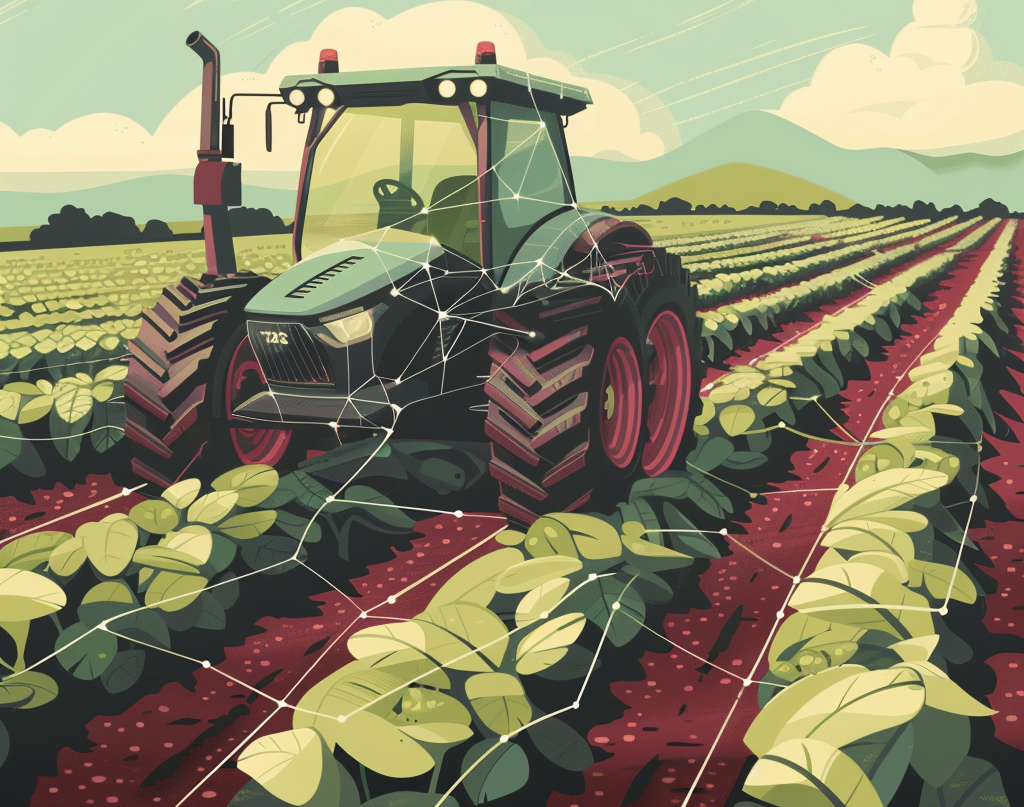The Agri Policy lab has released a new innovation-focused Policy Paper 2024/07, titled "Automation in agriculture as a direction for Czechia?" The paper underscores the transformative impact of field robots on efficiency, productivity, and sustainability within the agricultural sector and signals a need for modernizing Czech agriculture by advocating for legislative reforms that unlock the true potential of autonomous technologies.
The policy paper highlights the current legislative challenges that hinder the widespread adoption of autonomous agricultural technologies in Czechia. It details how ambiguous and restrictive regulations, such as confined operating areas and the requirement for constant operator supervision, are stifling innovation and preventing the full realization of these technologies' benefits.
The paper emphasizes the importance of collaboration between government, industry, and academia in driving these changes. By aligning policy with technological advancements, Czechia has the potential to create a more supportive environment for innovation, ensuring a prosperous future for its agricultural industry and innovative sector alike. By implementing the proposed recommendations, Czechia can enhance the efficiency, productivity, and sustainability of its agricultural sector, positioning itself as a leader in agricultural automation within the European Union.
Key Findings:
Legislative Ambiguity: Existing laws are unclear, leading to varied interpretations and implementation, which restricts innovation.
Operational Constraints: Requirements for on-site operator presence and restricted operating environments limit the implementation of full autonomy, reducing the efficiency of field robots.
Innovation Barriers: Regulatory hurdles stifle competitiveness and modernization efforts within the agricultural sector, as investments in such technologies lack the potential for substantial returns.
Policy Recommendations:
Clear and Adaptive Regulations: Establish clear guidelines for the operation and safety of autonomous field robots, allowing for flexibility to accommodate technological advancements.
Risk-Based Approach: Adopt regulatory measures that assess and manage risks associated with autonomous technologies, promoting innovation while ensuring safety.
Support for R&D: Increase government funding and support for research and development in agricultural automation to drive technological advancements and build confidence in these technologies.
Stakeholder Collaboration: Foster inclusive dialogue with farmers, industry representatives, and researchers to ensure that legislative reforms reflect the needs and realities of the agricultural sector.
Incentives for Adoption: Implement financial incentives, tax breaks, or subsidies to encourage the adoption of autonomous technologies and participation in relevant training programs.
Do you need help with your policy document development or policy analysis?
Contact our Agri Policy Lab via email at roubik@ftz.czu.cz with the subject “Agri Policy Lab”.
Download the Commentary “Automation in agriculture a direction for Czechia” in PDF HERE under Policy papers for download.


